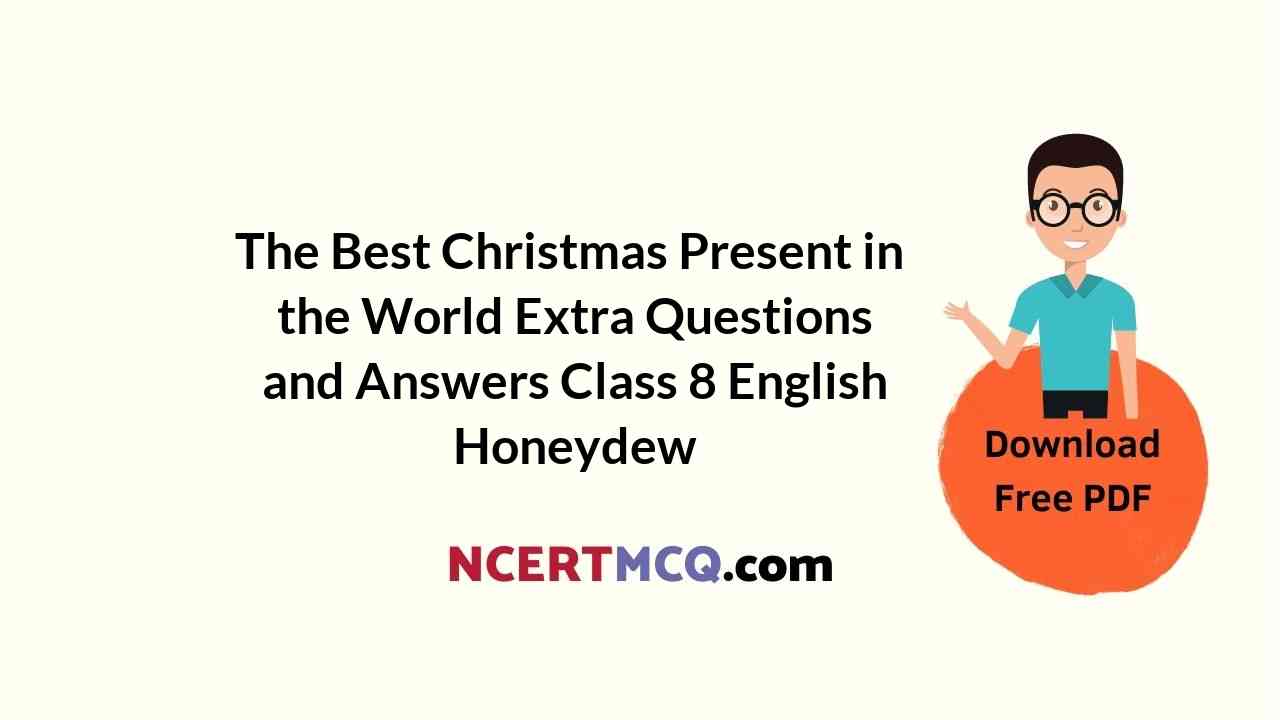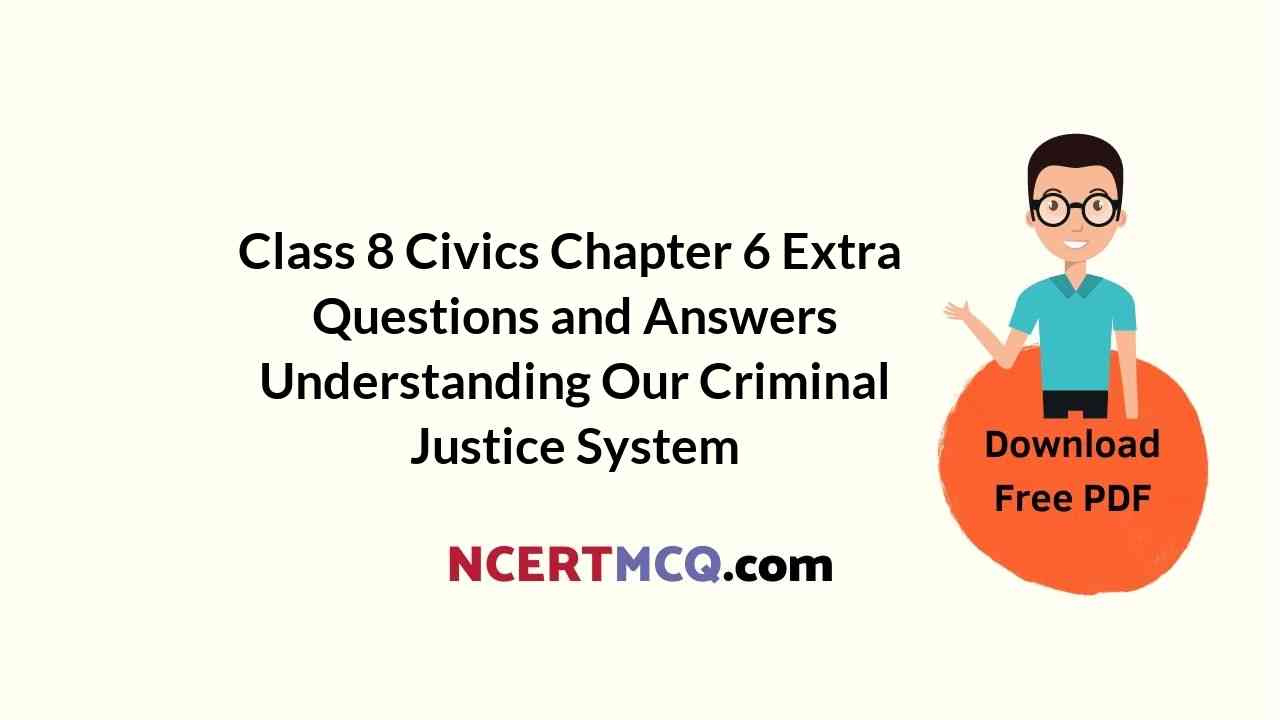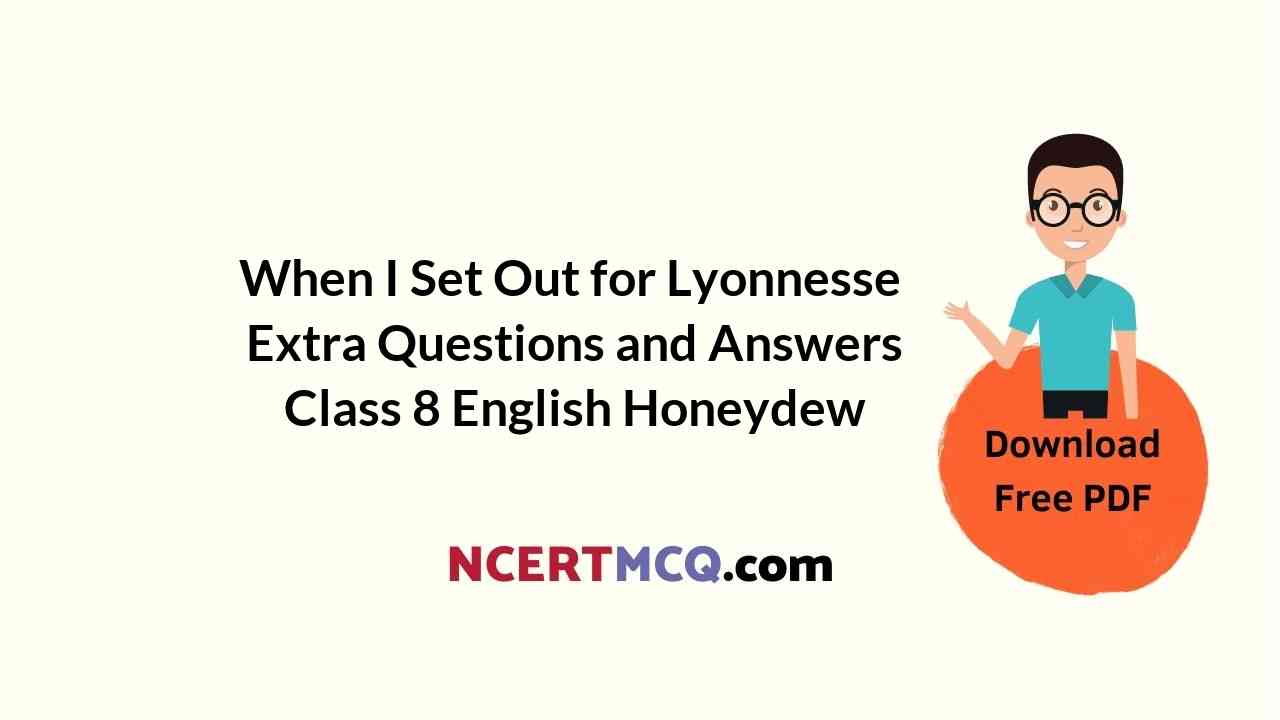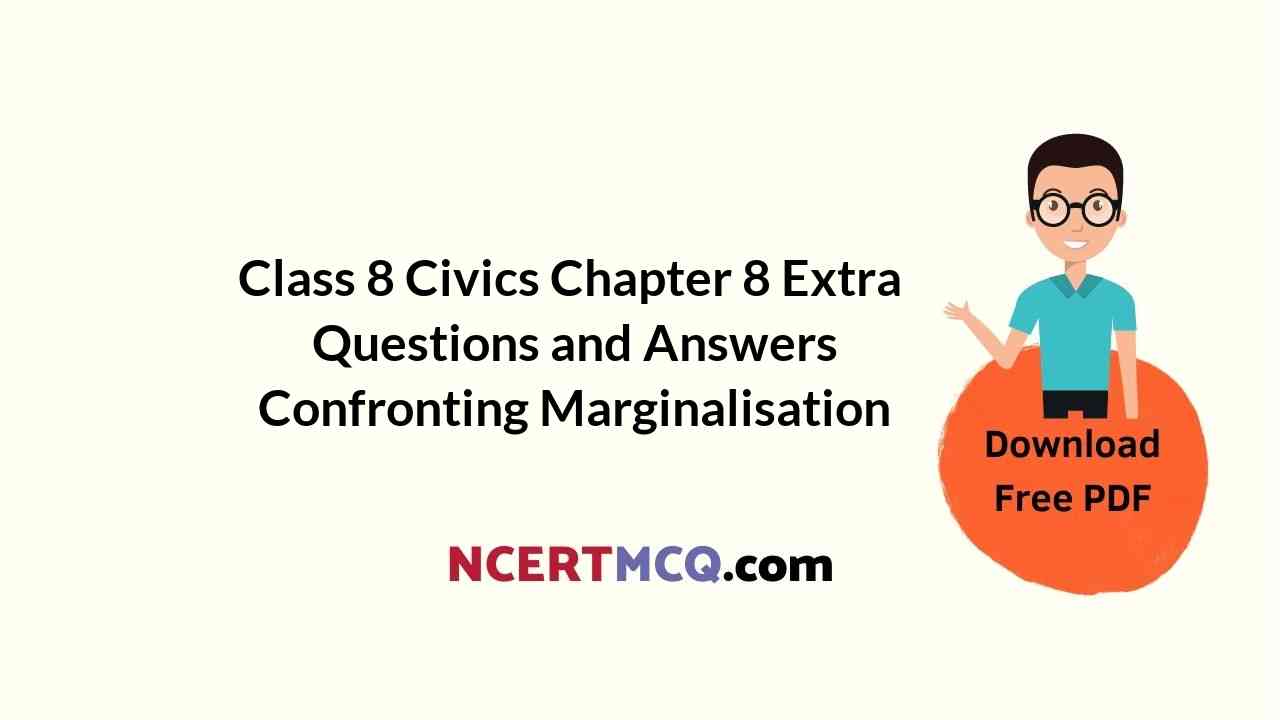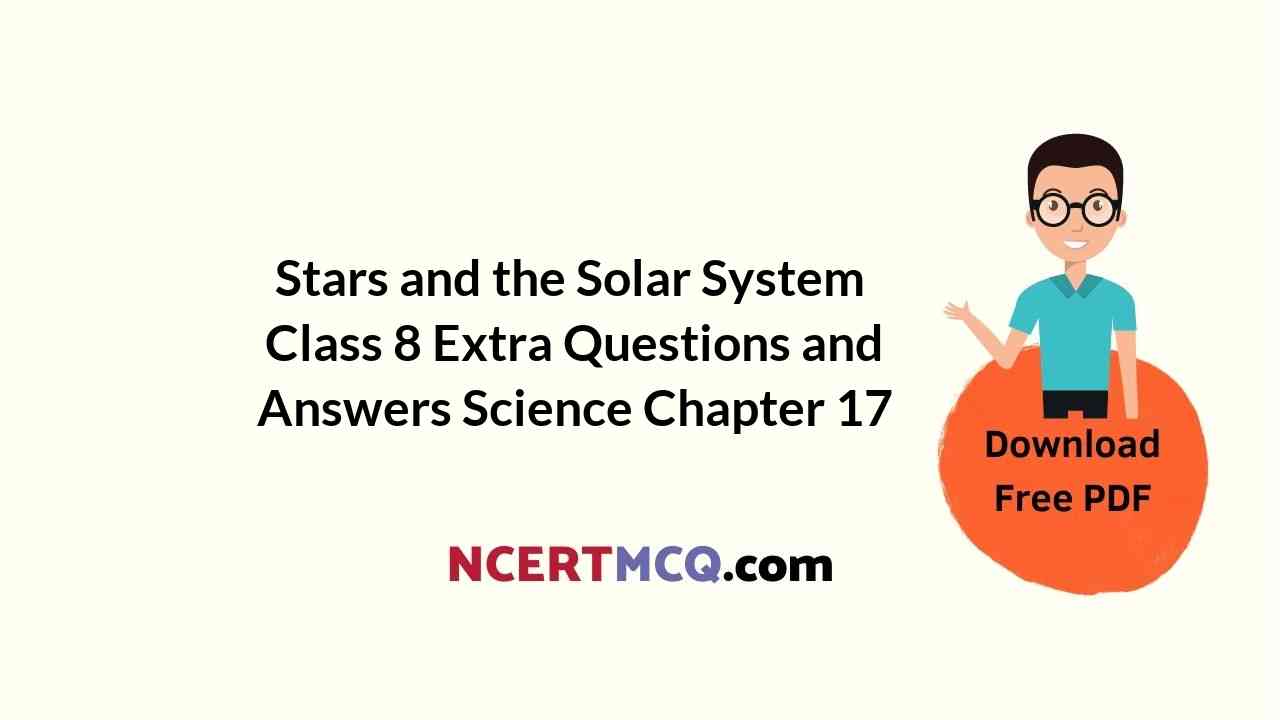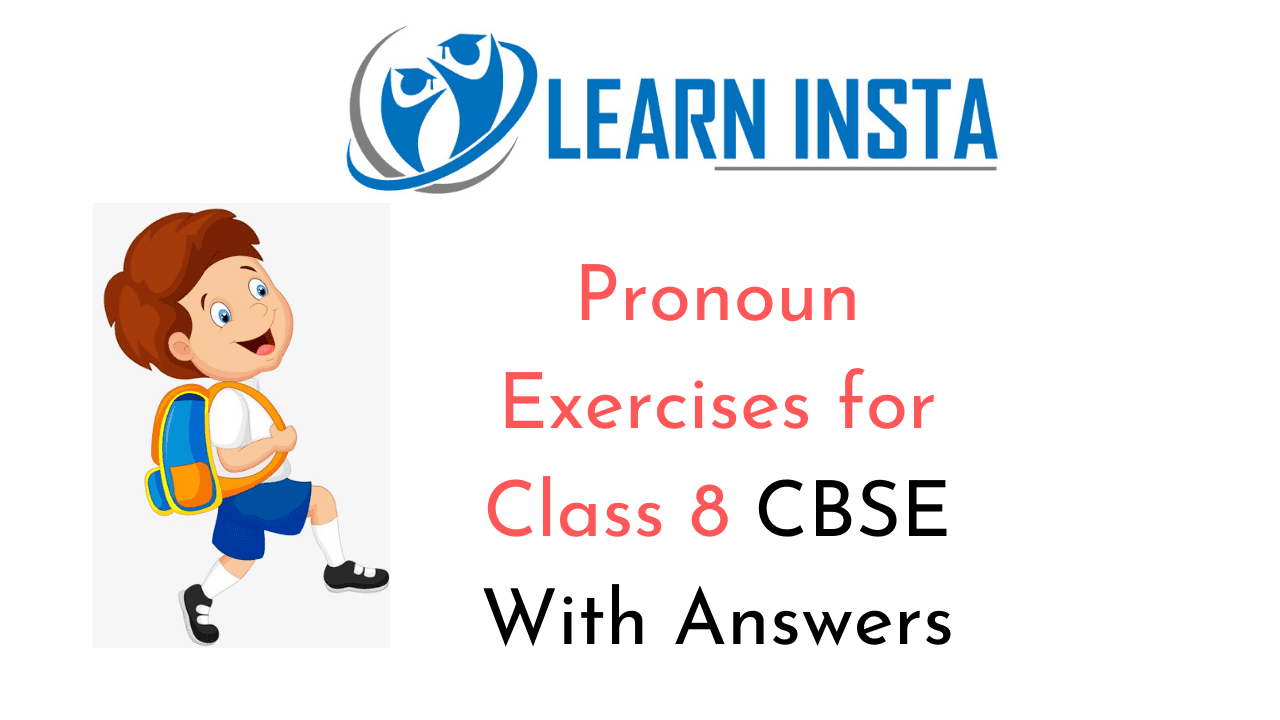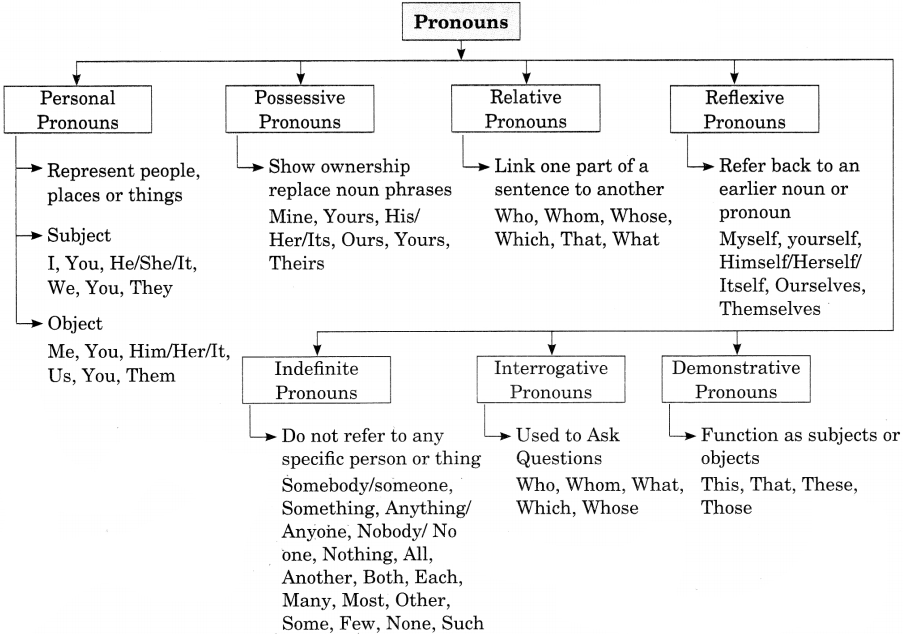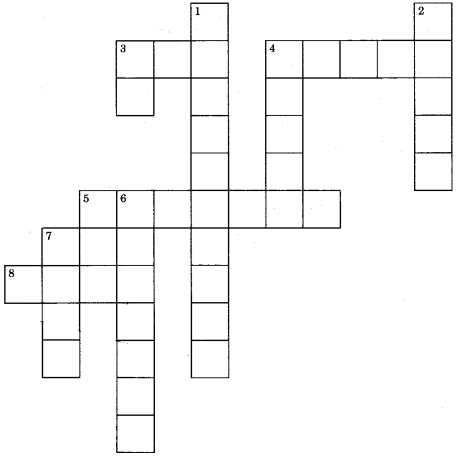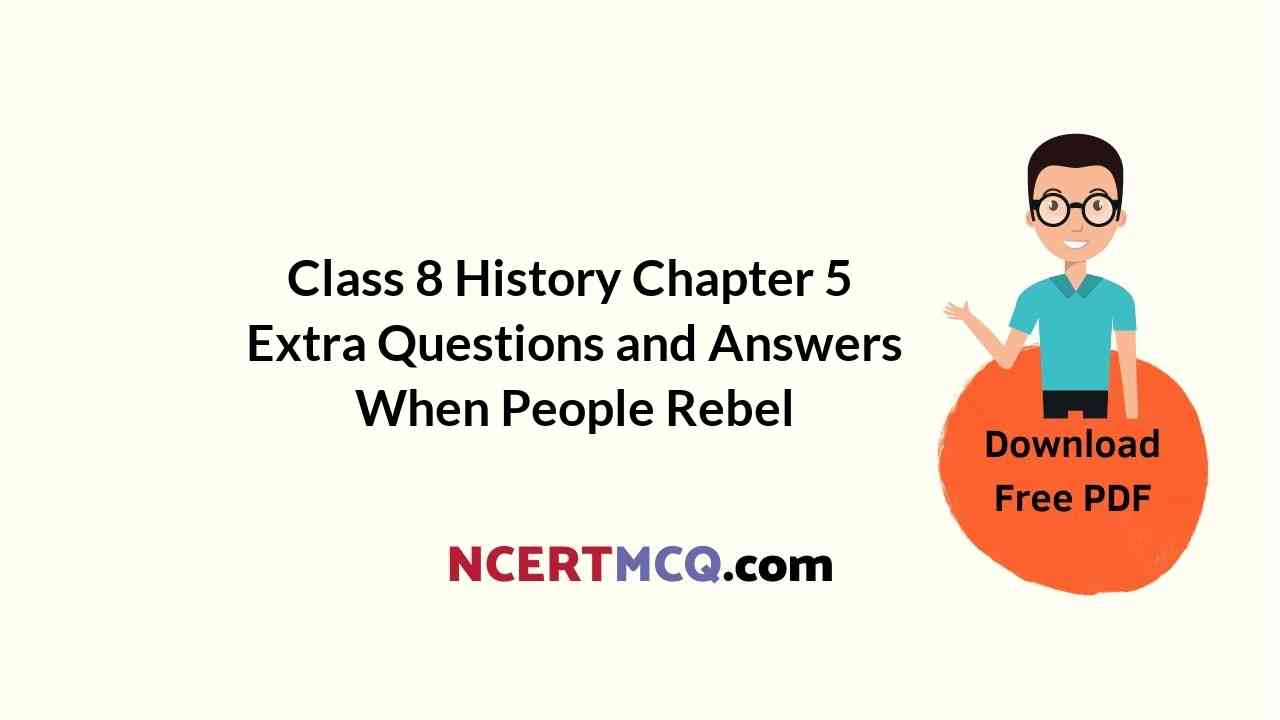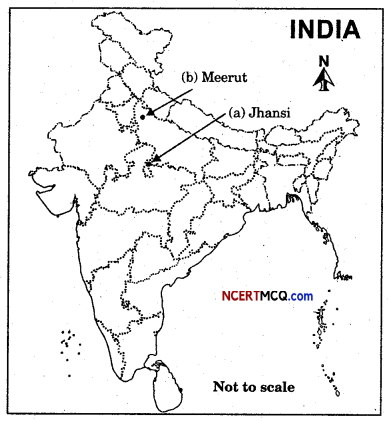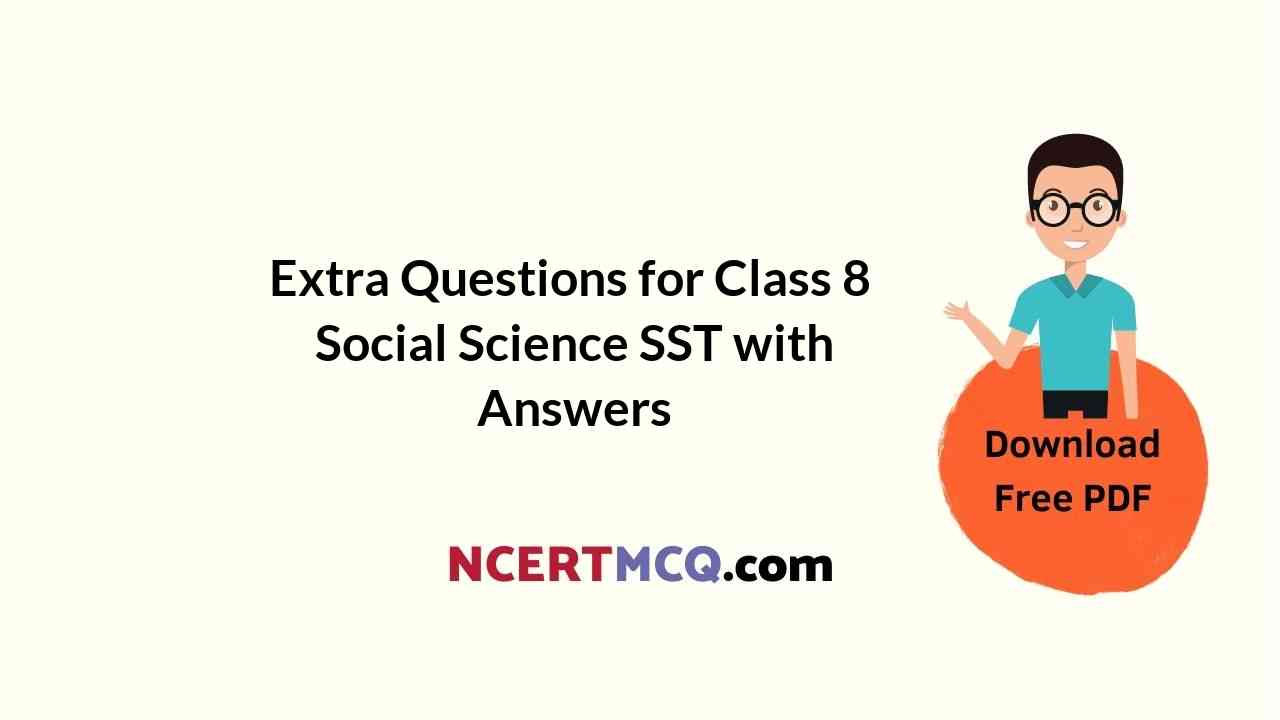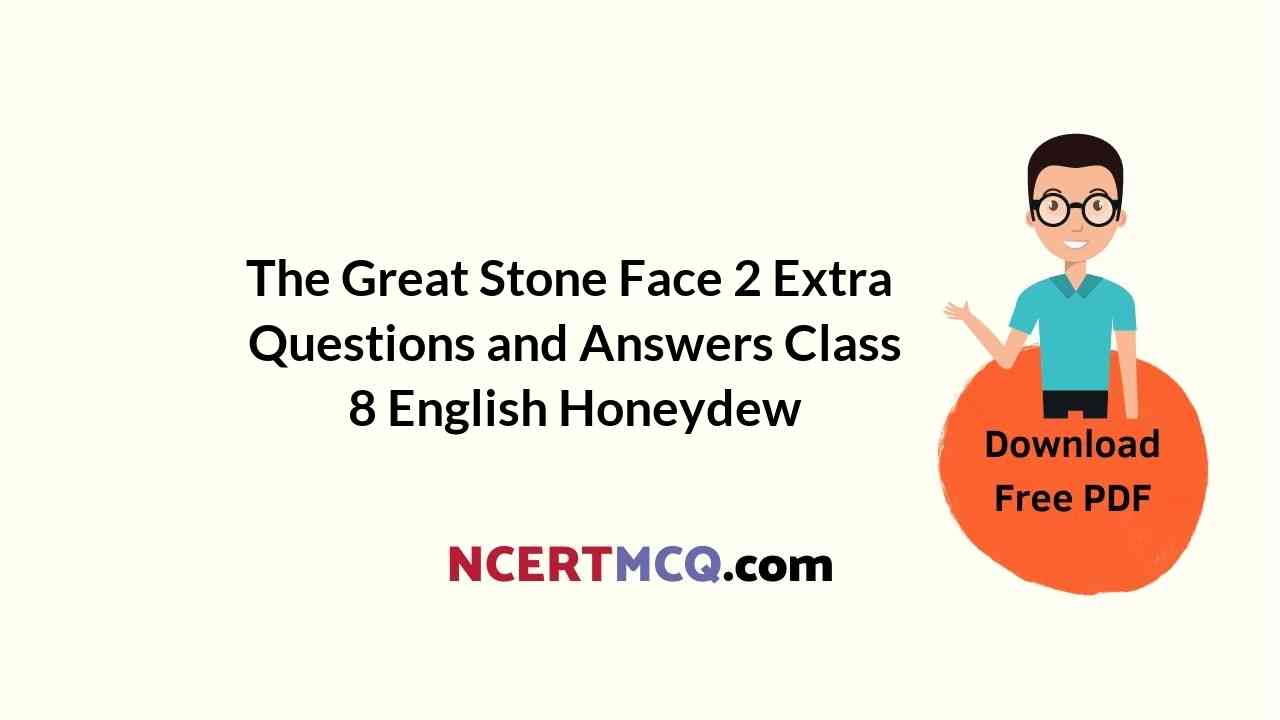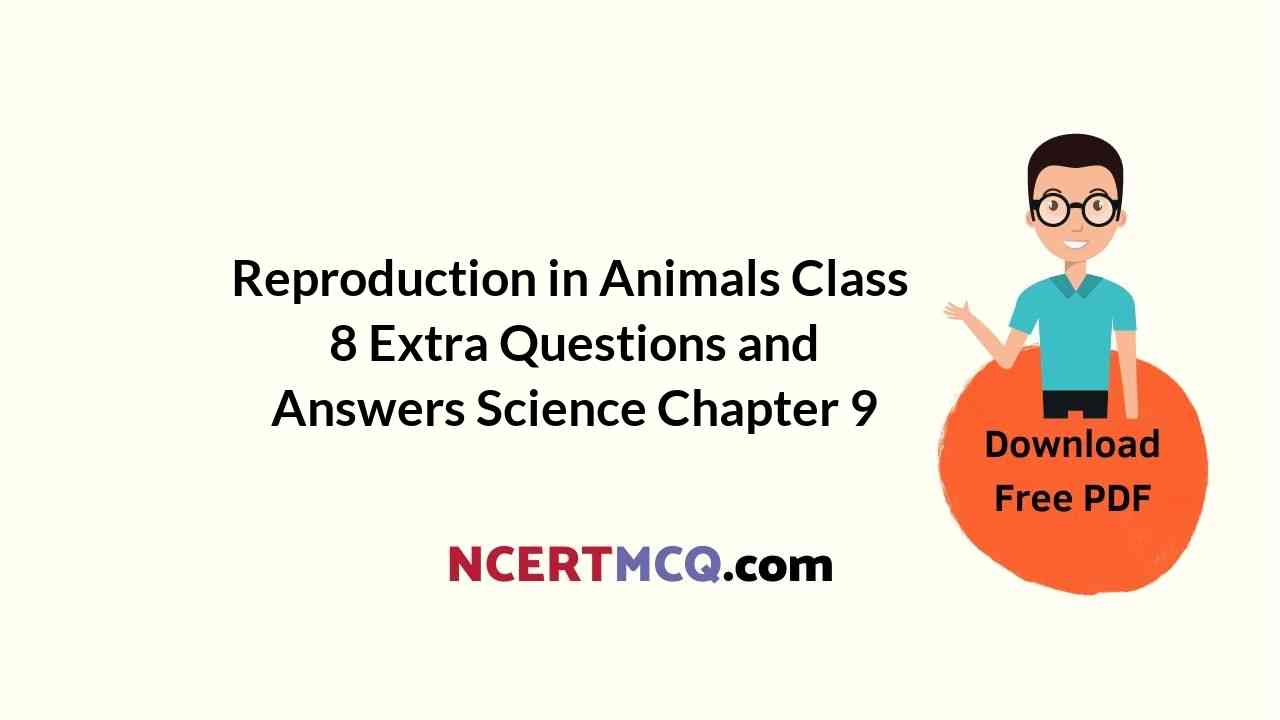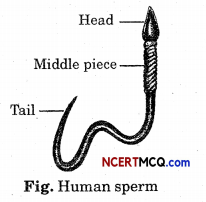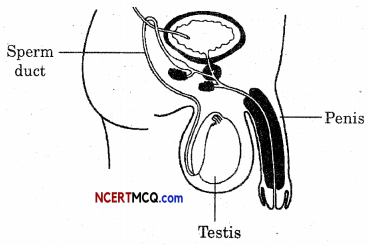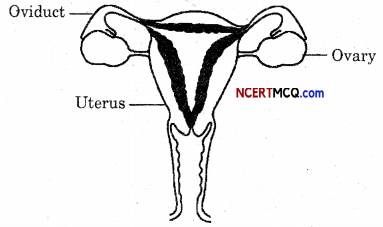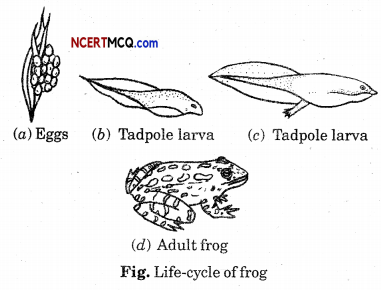Here we are providing Online Education for The Best Christmas Present in the World Extra Questions and Answers Class 8 English Honeydew, Extra Questions for Class 8 English was designed by subject expert teachers.
You can refer to NCERT Solutions for Class 8 English honeydew Chapter 1 The Best Christmas Present in the World to revise the Questions and Answers in the syllabus effectively and improve your chances of securing high marks in your board exams. https://ncertmcq.com/ncert-solutions-for-class-8-english-honeydew-chapter-1/
Online Education for The Best Christmas Present in the World Extra Questions and Answers Class 8 Honeydew
The Best Christmas Present in the World Extra Questions and Answers Short Answer Type
The Best Christmas Present In The World Extra Questions Question 1.
Describe the condition of roll – top box. From where the author found the roll-top box?
Answer:
The roll-top box was made up of oak. It was in very bad condition. It brings scorch mark all down one side & one leg is clumsily mended. He found roll – top box from a junk shop in Bridport
The Best Christmas Present In The World Class 8 Extra Questions Question 2.
Why did the author buy roll top box even though it was in bad condition?
Answer:
The Author bought roll top box of bad condition because it cost little money and he could easily restore it by working on it.
The Best Christmas Present In The World Question Answer Question 3.
What did the author find in the secret-drawer?
Answer:
He found a tin-box cello – taped to the top of that was a piece of lined notepaper in the secret drawer.
Best Christmas Present In The World Extra Questions Question 4.
What was written on the tin box?
Answer:
‘Jim’s last letter, received January 25, 1915.’ was written on the tin box.
The Best Christmas Present In The World Question Answers Question 5.
What was there inside the tin box?
Answer:
Inside the box there was an envelope. The address read: ‘Mrs. Jim Macpherson, 12 Copper Beeches, Bridport Dorset’ and then he took out the letter and unfolded it. It was written in pencil and dated at the top – ‘December 26, 1914’.
Extra Questions From The Best Christmas Present In The World Question 6.
Describe briefly about Christmas morning on the behalf of letter sent by Jim to Connie.
Answer:
Christmas morning was crisp and quiet all about, as beautiful a charming day. It was totally cold and frosty as a Christmas morning should be.
The Best Christmas Present In The World” Class 8 Question And Answer Question 7.
Who was Hans Wolf?
Answer:
Hans Wolf was the officer of Fritz. He was from Dusseldorf. He played a cello in the orchestra.
The Best Christmas Present In The World Class 8 Question And Answer Question 8.
Who was Jim Macpherson?
Answer:
Jim Macpherson was a school teacher. He was from Dorset, in the west of England.
Extra Questions On The Best Christmas Present In The World Question 9.
What did Hans & Jim talk about when they were sharing rum & sausage?
Answer:
They talked about their favourite book, ‘Far from the madding crowd’, with Bathsheba, Gabriel Oak, Sergeant Troy and Dorset.
The Best Christmas Present In The World Worksheet Question 10.
How usually the war end? And how should it be end and why?
Answer:
Normally, wars end by shedding blood and loses of properties and people. But there a football match resolves the war. As “No one dies in a football match. No children are orphaned. No wives become widows”.
The Best Christmas Present In The World Extra Questions Edumantra Question 11.
Who won the match?
Answer:
Fritz won the match.
Extra Questions For The Best Christmas Present In The World Question 12.
Why the letter was so special?
Answer:
The letter was so special because it was written to Connie Jim’s wife. And the letter explains us about the war and our home. This letter shows that every soldier wants peace and love.
The Best Christmas Present In The World Extract Based Questions Question 13.
What did author do after he read letter?
Answer:
After reading letter the author went to Bridport and asked for the address from where the shop keeper got the roll top box.
The Best Christmas Present In The World Class 8 Question 14.
Write the character sketch of Mrs. Macpherson.
Answer:
Mrs. Macpherson was an old lady. She was hundred and one years old. She was very lovely. She had white silver hair and wrinkles on the skin. But she used candle rather than electricity because according to her, electricity was too expensive.
The Best Christmas Present In The World Questions And Answers Question 15.
Where was Mrs. Machpherson living? And why so?
Answer:
She was in a nursing home, Burlington house, on the Dorchesten. She was living there because her house caught fire and she got injured.
The Best Christmas Present Extra Questions Question 16.
Why was the people at nursing hom£ surprised to see visitor?
Answer:
The people were surprised because Mrs. Macpherson had no family, no one visits to her so they was happy too to see him there.
Question 17.
What did Mrs. Macpherson thought about visitors?
Answer:
Mrs. Macpherson thought that visitor was her husband Mr. Macpherson. We know that because she said “you told me you had come home by Christmas, dearest,”. “And here you are the best Christmas present in the world. Come close Jim dear, sit down”.
Question 18.
What did the author find in a junk shop?
Answer:
The author found a very old 19th century rolled-top desk in a junk shop. It was made of oak. It was in a very bad condition. The roll-top was broken into several pieces. One of the legs was clumsily mended and there were scorch marks down one side.
Question 19.
What did he find in a secret drawer? Who do you think had put it in there?
Answer:
He found a small black tin box in a secret drawer. Jim’s wife Mrs. Macpherson had put it there. Here name and address were on the envelope inside the box.
Question 20.
Who had written the letter, to whom, and when?
Answer:
Jim Macpherson had written the letter to his wife Connie Macpherson on December 26, 1914.
Question 21.
Why was the letter written? What was the wonderful thing that had happened?
Answer:
German and British army was fighting a battle. The soldiers were living in their trenches to fight enemy. For soldiers were writing and receiving letter was the only way to be in touch with their family member. The wonderful thing was, in spite of enmity they celebrated Christmas together. This shows that festivals are above all personal enmity.
Question 22.
What jobs did Hans Wolf and Jim Macpherson have when they were not soldiers?
Answer:
Before joining the army, Hans played the cello in the orchestra and Jim was a teacher.
Question 23.
Had Hans Wolf ever been to Dorset? Why did he say he knew it?
Answer:
No, Hans Wolf had never been to Dorset. He said so because he had learned all about England in his school and in English books.
Question 24.
Do you think Jim Macpherson came back from the war? How do you know this?
Answer:
The written statement on the letter saying sheet the last letter was from Jim and that should be buried with Mrs. Macpherson. It indicates that Jim didn’t return from war.
Question 25.
Why did the author go to Bridport?
Answer:
The author went to Bridport because that was the address where Mrs. Macpherson lived. He wanted to give that letter back to her.
Question 26.
How old was Mrs. Macpherson now? Where was she?
Answer:
Mrs. Macpherson was a hundred and one year old. She was in a nursing home in Burlington house, on the Dorchester road, on the other side of town.
Question 27.
Who did Connie Macpherson think her visitor was?
Answer:
Connie Macpherson thought her visitor was her husband, Mr Jim Macpherson.
Question 28.
Which sentence in the text shows that the visitor did not try to hide his identity?
Answer:
That sentence is, “You told me You’d come home by Christmas, dearest,” she said, “And here you are. The best Christmas present in the world. Come closer, Jim dear, sit down.”
Working with the Text
Question 29.
For how long do you think Connie had kept Jim’s letter? Give reasons for your answer.
Answer:
Connie must have kept Jim’s letter for a long time. This is because she told the narrator how she read it quite often every day so that she could feel that Jim was near her.
Question 30.
Why do you think the desk had seen sold, and when?
Answer:
The desk must have been sold as junk. It might have been sold after the demise of Macpherson.
Question 31.
Why do Jim and Hans think that games or sports are good ways of resolving conflicts? Do you agree?
Answer:
Jim and Hans think that games or sports are good ways of resolving conflicts because nobody dies in a game. They were of the opinion that a game does not end in a child becoming orphan or a wife becoming widow.
Question 32.
Do you think the soldiers of the two armies are like each other, or different from each other? Find evidence from the story to support your answer.
Answer:
The soldiers of the two armies are like each other and they are not at all different. Following are some instances from the story to prove:
- Both of them wanted peace, longed for the war to be over and wanted to go home to meet their families.
- Both the armies celebrated Christmas and wished Merry Christmas to each other.
- Both the armies shared their sausage, schnapps and Christmas cake with each other.
- They played a football match and at night shared Christmas carols and hope to unite with the families again.
Question 33.
Mention the various ways in which the British and the German soldiers become friends and And things in common at Christmas.
Answer:
The British and the German soldiers smile at each other and wish merry Christmas to each other. They offer that food to each other. They share drinks and laugh at jokes. They play and enjoy a game of football. Thus they become friends on that occasion.
Question 34.
What is Connie’s Christmas present? Why is it “the best Christmas present in the world”?
Answer:
When the narrator came to see Connie and gave her the box, she mistook him for her husband Jim. She thought that Jim had come home for Christmas. This was Connie’s Christmas present. It was the best Christmas present in the world for her because Jim had written in the letter that he would come home on Christmas. She had read that letter several times everyday to feel that he was near her. Now that he was finally there with her, she was extremely happy.
Question 35.
Do you think the title, of this story is suitable for it? Can you think of any other title(s)?
Answer:
The title of the story is perfectly suitable for it as the story revolves around the letter which turns out to be the best Christmas gift in the world for Mrs Macpherson. Mrs Macpherson had written the date . and her wish on the letter’s envelope that this letter should be buried along with her after her death. She had lost it but in the end she found it and in its form she found her husband Jim once again. There can be no other title suitable for this story
The Best Christmas Present in the World Extra Questions and Answers Long Answer Type
Question 1.
War is no solution to disputes’. Discuss.
Answer:
Wars no longer represent country’s pride. They are generally result of ruler’s ego. Their narcism takes a toll on the lives of so many from both the side. A common soldier wishes to celebrate the festivals together and think of family first. They want to end the bitter relationship by challenging them in a game.
They expressed their fondness for each other food, drink, places and literature. Wisdom and mutual respect would never cause harm to humanity but the ego does, so before taking extreme steps like war they should think of respect and co-existence. Neither German nor British soldiers were enjoying the game and feast together.
Question 2.
You are the best Christmas present’. What was the best present? What was its importance?
Answer:
On the Christmas eve, the narrator found a tin box carrying letter of captain Macpherson. It had a note which mentioned that his wife wanted the letter to be buried with her when she died. The narrator brought the box to her. When Connie heard him, she thought it was her husband who promised her to return on Christmas. Her wait was too long. She was muddle headed and was admitted to a hospital.
When everyone was merry-making on Christmas, she was sitting brooding over something. She was hopeful that her husband would return. But wait was too long by then, she lost her vision, memory so she mistook the guest to be her husband and considered his arrival to be the best gift. Her wait for her husband show her love and desire to see him back.
Question 3.
In groups discuss whether wars are good way to end conflicts between countries. Then present your arguments to the whole class.
Answer:
War means bloodshed, hate and destruction. Even the animals fight for some sound reason. But nations go to war to settle some petty dispute or in the name of religions. War solves no problem. Understanding and mutual discussion alone can end differences, All religions condemn greed and bloody quarrels.
Question 4.
What kind of presents do you like and why? What are the things you keep in mind when you buy presents for others? Discuss with your partner. (For example, you might buy a book because it can be read and re-read over a period of time.)
Answer:
Personally, I am against the practice of exchanging expensive gifts. A rose or a token of affection suits every person and every pocket. This is why some guests offer bouquets or greeting cards alone. In case the gift is essential. It should satisfy some need and have utility. When I go to buy a present I first take into account the liking of my classmate, relative or girl/boy friend.
The Best Christmas Present in the World Extra Questions and Answers Reference to Context
Passage 1
I removed the roll-top completely and pulled out the drawers. The veneer had lifted almost everywhere it looked like water damage to me. Both fire and water had clearly taken their toll on this desk. The last drawer was stuck fast. I tried all I could to ease it out gently. In the end I used brute force. I struck it sharply with the side of my fist and the drawer flew open to reveal a shallow space underneath, a secret drawer.
Question 1.
Who is T in the above passage?
Answer:
I is the narrator in the above passage.
Question 2.
What does ‘It’ denote in the above lines?
Answer:
‘It’ denotes a roll-top desk.
Question 3.
What was the condition of the desk?
Answer:
The desk was damaged with water and fire.
Question 4.
Where did he find a secret drawer?
Answer:
He found the secret drawer underneath the last drawer which was stuck up badly.
Question 5.
Find out the word/ phrase that means the same for the given word.
Answer:
- freedom from pain – ease out.
- of little depth – shallow.
Passage 2
I should like to be able to tell you that we began it. But the truth, I’m ashamed to say, is that Fritz began it. First someone saw a white flag waving from the trenches opposite. Then they were calling out to us from across no man’s land, “Happy Christmas, Tommy! Happy Christmas!” When we had got over the surprise, some of us shouted back, “Same to you, Fritz! Same to you!” I thought that would be that. We all did. But then suddenly one of them was up there in his grey greatcoat and waving a white flag. “Don’t shoot, lads!” Someone shouted. And no one did. Then there was another Fritz up on the parapet, and another. “Keep your heads down,” I told the men, “it’s a trick.” But it wasn’t.
Question 1.
What did the writer mean by ‘we began it’?
Answer:
German soldiers and wished them initiated treaty on Christmas. The writer was feeling ashamed because he wished that he must have started it.
Question 2.
What was the symbolic meaning of ‘a white flag5?
Answer:
The white flag is a symbol of peace.
Question 3.
Where were the soldiers sitting?
Answer:
The soldiers were sitting in the trenches.
Question 4.
What did the German soldiers wish them?
Answer:
The German soldiers wished them ‘Happy Christmas’.
Question 5.
Why did they call each other ‘Fritz’ and ‘Tommy’?
Answer:
‘Fritz’ means a name for a German soldier while ‘Tommy’ means a common name for British soldiers.
Passage 3
“Captain Jim Macpherson,” I replied. “And a Happy Christmas to you too. I’m a school teacher from Dorset, in the west of England.” “Ah, Dorset,” he smiled. “I know this place. I know it very well.” We shared my rum ration and his excellent sausage. And we talked, Connie, how we talked. He spoke almost perfect English. But it turned out that he had never set foot in Dorset, never even been to England. He had learned all he knew of England from school, and from reading books in English. His favourite writer was Thomas Hardy, his favourite book Far from the Madding Crowd. So out there in no man’s land we talked of Bathsheba and Gabriel Oak and Sergeant Troy and Dorset. He had a wife and one son, born just six months ago.
Question 1.
What did captain tell about himself?
Answer:
Captain introduced himself by revealing that he was a school teacher from Dorset in the west of England.
Question 2.
What did they share with the enemy soldiers?
Answer:
They shared mm ration and excellent sausage with the enemy soldiers.
Question 3.
What was unusual about Connie?
Answer:
Captain Jim realized that Connie could speak good English although he never went to England. He learnt all from reading books in English.
Question 4.
What did Hans Wolf tell about his family?
Answer:
Hans Wolf told that he had a wife and six-month-old son.
Question 5.
Give the meaning of the following :
(a) Turned out
(b) excellent
Answer:
(a) Turned out means ‘to develop or end in a particular way’.
(b) very good.
Passage 4
The old lady was sitting in a wheelchair, her hands folded in her lap. She had silver white hair pinned into a wispy bun. She was gazing out at the garden. “Hello,” I said. She turned and looked up at me vacantly. “Happy Christmas, Connie,” I went on. “I found this. I think it’s yours.” As I was speaking her eyes never left my face. I opened the tin box and gave it to her. That was the moment her eyes lit up with recognition and her face became suffused with a sudden glow of happiness. I explained about the desk, about how I had found it, but I don’t think she was listening. For a while she said nothing, but stroked the letter tenderly with her fingertips.
Question 1.
Who was the old lady sitting in a wheel chair?
Answer:
The old lady, sitting in a wheelchair was Mrs. Macpherson.
Question 2.
What made her eyes lit up?
Answer:
Connie could not recognize. Her eyes were lit up with recognition. Her face became suffused with a sudden glow of happiness.
Question 3.
What wasn’t she listening to?
Answer:
Mrs. Macpherson was not listening to what he was telling her.
Question 4.
Explain ‘suffused with’.
Answer:
‘Suffused with’ is a glow of happiness that spread over the face of Connie who was too old and weak. She mistook him to be her husband and smiled.
Question 5.
Change adjective tender into an adverb.
Answer:
Tenderly.
